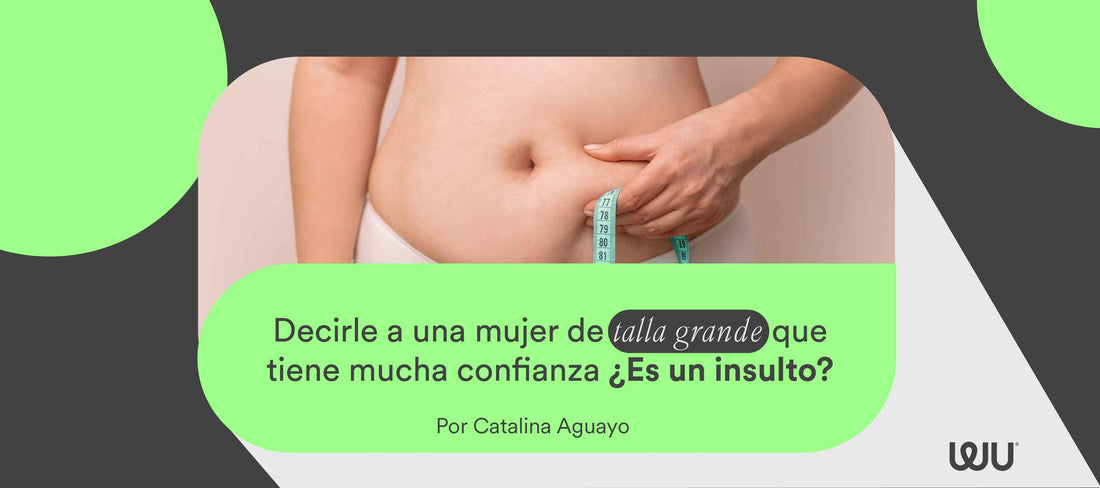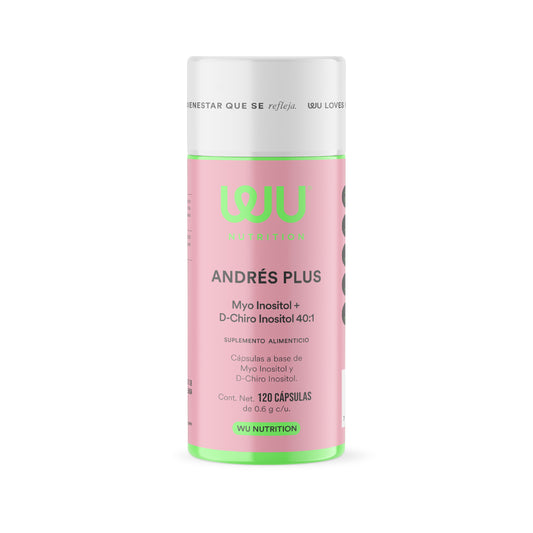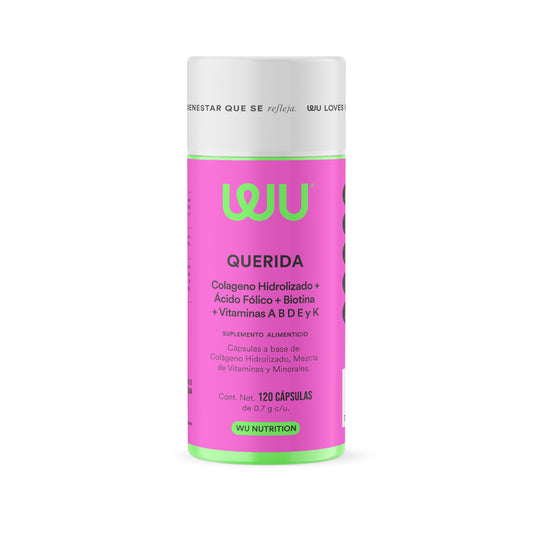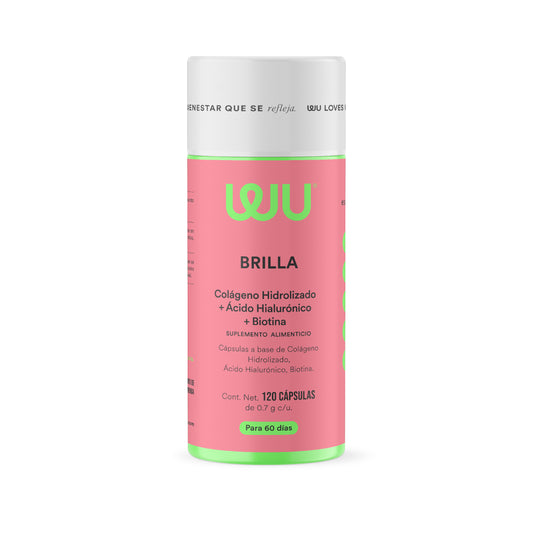Insecurities instilled by society
What would happen if for one day we changed the phrase "no one has the perfect body" to "all bodies are perfect"? Just one day when when we woke up we felt safe, then we would see our body with love, we would not worry about the "big" or "watery" parts, we would not be ashamed of our cheeks and we would not have to "tuck" our belly when we see it in front of the mirror, or just weigh ourselves with the hope that we will see “x” fewer kilos than the day before.
Anyway, in this society they teach us so much to hate each other that we already forgot to love each other. But wait... I know you're thinking that you have no idea where so much contempt for your body or certain parts came from. If we travel back in time to childhood, when you were little, do you remember some comments that were made regarding your appearance; "how thick your eyebrow", "gordit@", "nizon@", "flac@", "four eyes", among others.
In my experience, when I was a child I dressed as a princess, a cowgirl, a mouse and I felt dreamy. I was quite an artist and I wore the most extravagant clothes. Then I heard “she is very confident in herself” for being different. And I can only say that I did not understand much, why did you base the trust on what I use, what I do or what I have? Those comments make you doubt that if you're wrong, if you look bad or if you shouldn't have so much confidence to be yourself. As if having security becomes a double-edged sword and instead of wanting to have more security, we want to have less.
Nobody likes to be told that they exceeded your expectations…
"I love your security" commonly used, it has been said to me as well as to many other girls, an example would be when you are with your friends in a bar, club; dancing like anyone else, enjoying the music and the party, then a friend yells at you “I love your security”. I'm supposed to take those words as a compliment when in reality I was doing the same as many people at the party: dancing and enjoying the night. The only reason he singled me out is clear: being the only overweight girl in the center of the party.
Being "overweight" and thinking that you can't be sure of yourself is an insult because it's a fatphobic comment. Security has nothing to do with how you dress, weight, hair color, or anything; it's attitude. And saying that "he is very confident in himself" speaks more about who made the comment, deep down he puts himself in that person's shoes and knows that he would be insecure because he sees certain characteristics as "denigrating" or bad in front of society.
"Am I not socially beautiful?"
I thought about the parts of myself that other people have deemed unworthy of pride or love and all the experiences that have made me feel bad about myself. Most of them were the result of the fight against fatphobia and toxic diet culture. What I eventually realized was that calling someone "confident" can be a witty way of commenting on that person's perceived inadequacy; those nights at the various parties and on countless other occasions, it felt like a spotlight on certain "desirable" qualities that the person making the comment assumes I lack.
In some ways, it's akin to being told you're "pretty for a fat person," another reason for recognition that falls short of acknowledging attributes that plus-size women might find attractive to be flattered for, like arm a cute ensemble, giving a groundbreaking presentation at work, or even taking the dance floor by storm. At the same time, attributing any of the above to confidence implies that we're not equipped to look cute, be successful, or do sweet moves just because we're fat. Adding to that, plus-size people are applauded for having the courage to do things that no one thinks twice about when smaller people do them, like yoga or traveling abroad.
The next time someone dares to say that you are very confident for wearing certain clothes or not wearing certain clothes, because of your skin color, hair color, nails color, weight, height, among other comments. Feel like a god because you are still that child who, no matter what the whole world says, you still have that confidence, which many lost because they thought that their confidence came from outside and not from within.
By Catalina Aguayo



















